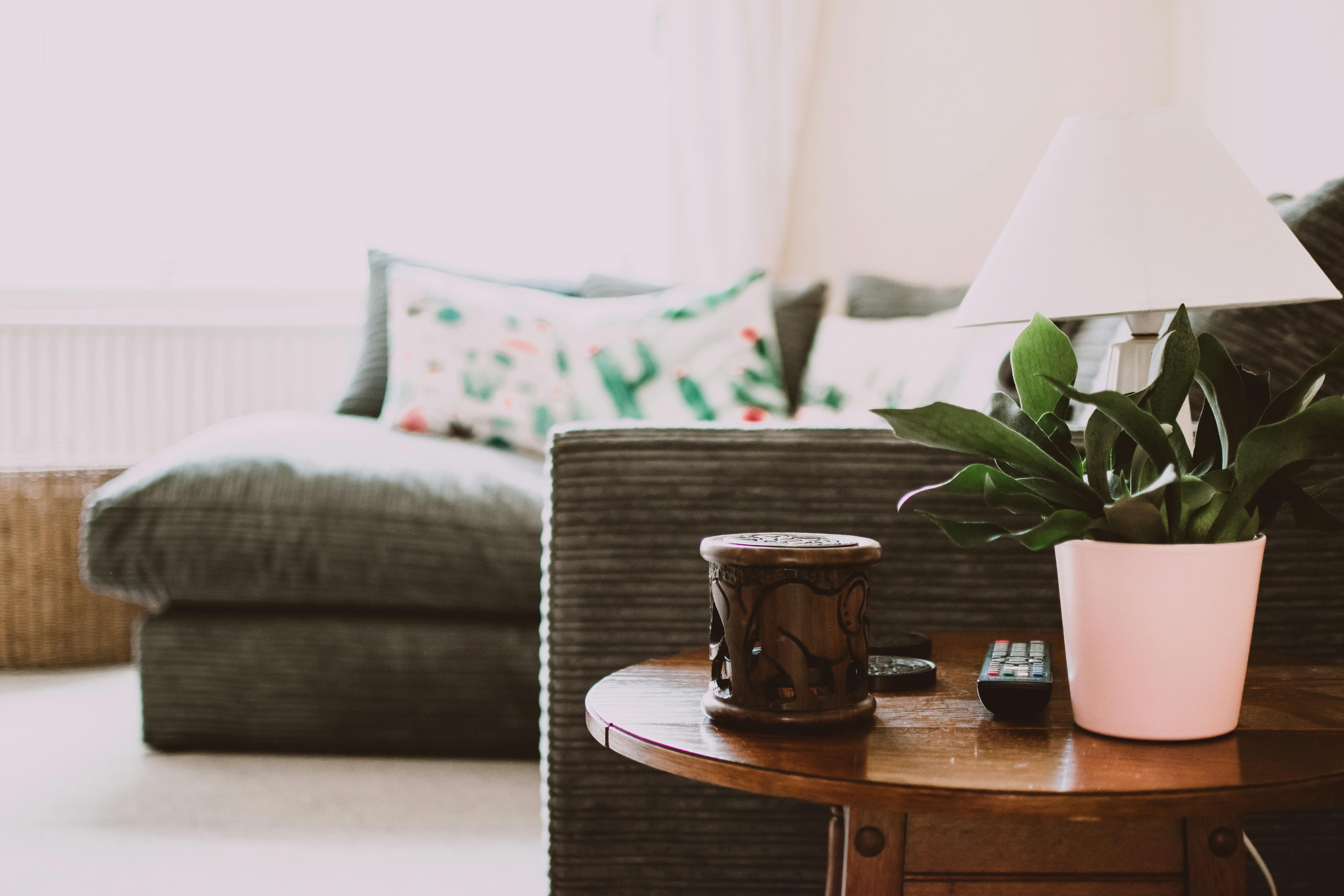Elon Musk’s $10,000 Homes: A Revolution in Affordable Housing?
The internet is buzzing with news of Elon Musk’s latest ambition—introducing $10,000 homes. If this vision comes to life, it could mark a groundbreaking shift not just in affordable housing but in the entire housing market. These low-cost homes could address one of the most significant societal challenges in the U.S.: the need for affordable housing.
With housing prices skyrocketing while wages stagnate, homeownership has become out of reach for many. Musk’s proposed $10,000 homes could dramatically change this by offering a viable pathway to ownership for first-time buyers and people facing financial difficulties.
By making affordability a central focus, these homes might also inspire a more sustainable living model and spark transformative changes in the housing sector.
Can Musk’s Modular Home Vision Really Work?
Known for revolutionizing industries like electric vehicles with Tesla and space travel with SpaceX, Musk is now channeling his visionary approach into the housing sector. In partnership with Boxabl, a company specializing in modular, affordable housing, Musk is championing a design called the Boxabl Casita, which has gained a lot of attention.
The Casita is designed as a compact, efficient living space, with an open floor plan that includes a full kitchen, bathroom, and comfortable living area. Built with durable materials and adhering to energy efficiency standards, it’s made to last while keeping costs low.
Currently, Boxabl offers the Casita at a starting price of around $60,000, which is a fraction of the cost of an average U.S. home, typically priced above $300,000. However, additional costs can arise depending on installation complexity, local regulations, and site preparation, meaning the final cost may vary.
The Impact of Musk’s Housing Initiative
Musk’s affordable housing initiative is more than a novel idea—it’s a call for accessible homeownership. His work with Boxabl demonstrates that homeownership need not be an exclusive privilege but a realistic goal for more people. If successful, this venture could set the standard for a more inclusive housing market, giving hope to many aspiring homeowners who once saw their dreams as out of reach.

